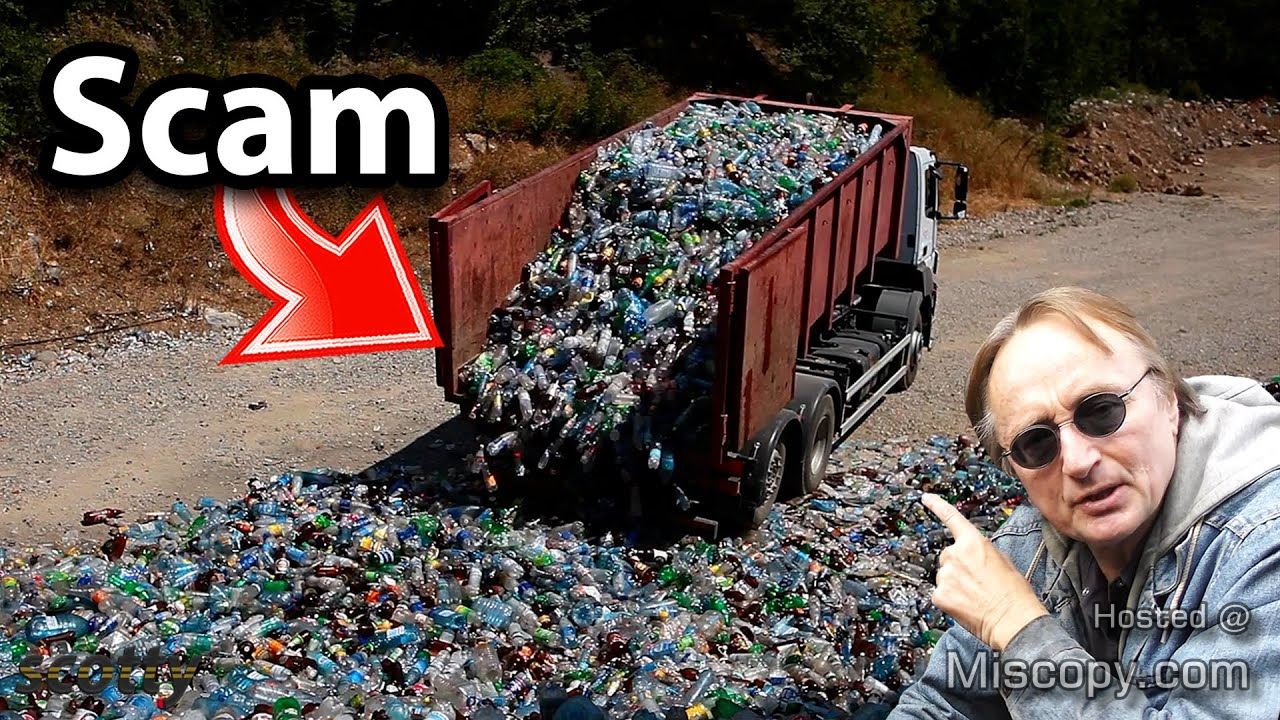The YouTube video titled “How A Healthcare CEO Got Away With A $12,000,000,000 Scam” highlights a deadly scam involving for-profit dialysis centers.
The scam happened during Kent Thiry’s tenure as CEO of DaVita, during which he radicalized the company’s operations and catapulted it from bankruptcy. DaVita dialysis centers pop up all over the USA, especially in the black community.
The problem with these centers is that patients with kidney failure who go for their blood cleaning and filtering using machines that act as an artificial kidney have a higher chance (up to 24%) of dying compared to those who get their treatment at a non-profit center. Despite the monopoly that DaVita and Fresenius, another for-profit dialysis company, own over 80% of the dialysis centers in the US, the government seems unbothered by the scam.
The video then moves on to discuss the lobbying efforts of Medicare by the Society of Vascular Surgeons (SVS) and how financial incentives exist to put patients on hemodialysis, which can lead to monopolies in the dialysis market, as seen with companies like Kent Thiry and DaVita.
According to Yousef Nofal, MD, the AV Fistula procedure, which is considered a reliable access for patients undergoing dialysis, has a reimbursement rate of up to $110,000 for vascular surgeons. This can generate up to $5 billion in revenue if all patients were on paranal dialysis. On the other hand, the paranal dialysis cath that gets placed collects only about $227.
The speaker advocates for realigning economic incentives in healthcare to reward preventative treatments rather than just treating kidney failure. He encourages healthcare providers and insurers to encourage patients to seek at-home dialysis options and criticizes the current system for not meeting goals set in an executive order from 2019.
He also emphasizes the importance of staying informed and sharing the truth to bring about change, and highlights the impact that even small actions can have.

